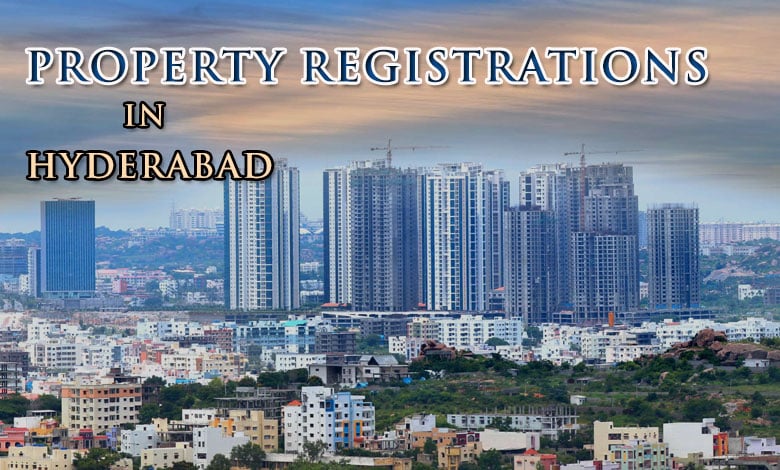The country’s highest food inflation levels in decades have pushed businesses to shutter and forced many to go hungry. For the second time in two months, angry protesters in several cities across Nigeria trooped out on October 1 to denounce biting economic hardship in the West African country and to call for change. In the capital Abuja on Tuesday, police fired tear gas canisters into crowds of demonstrators as they marched and screamed chants of “no more hunger” and “end bad governance”.
In the first wave of protests in August, several people were shot dead and hundreds more were arrested. Yet this time, despite fears of another crackdown as police deployed heavily to potential protest locations nationwide, demonstrators were determined to be heard. “The ordinary people are suffering, but this government doesn’t care because they cannot feel the pulse of the ordinary people,” Juwon Sanyaolu, leader of the Take it Back movement, an advocacy organisation at the forefront of the protests, told Al Jazeera from Abuja.
Organisers timed Tuesday’s demonstrations to coincide with the country’s 64th Independence Day celebrations, marking Nigeria’s freedom from former colonial ruler Britain in 1960. However, many say there’s very little to celebrate when large numbers of the 200 million population struggle to survive while government officials are living large. Tagged #FearlessInOctober, the protests’ demands, Sanyaolu said, were for the government to end hung.


















